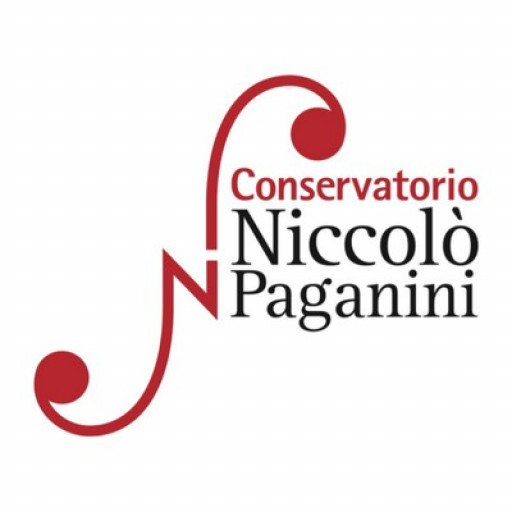Photos of university / #oxford_uni
The MSc in Theology and Religion at the University of Oxford offers a comprehensive and rigorous exploration of religious beliefs, practices, texts, and institutions across different historical and cultural contexts. Designed for students who wish to deepen their understanding of religious phenomena, the programme combines analytical methods with critical engagement with theological concepts and religious traditions. Throughout the course, students will examine a wide range of topics including the development of religious thought, the influence of religion on society, ethics, and contemporary religious issues. The programme provides a unique opportunity to study religion in its diverse forms, integrating interdisciplinary approaches from history, philosophy, literature, and anthropology. Students will engage with primary religious texts, participate in seminars led by leading scholars in the field, and undertake independent research projects. The programme is suitable for those aiming for careers in academia, journalism, public policy, or religious leadership, as well as for anyone interested in understanding the role of religion in global and local contexts. With its distinguished faculty, extensive library resources, and vibrant academic community, the MSc in Theology and Religion at Oxford challenges students to develop critical thinking, research skills, and a nuanced appreciation of religious diversity. The course is typically completed in one year full-time and may also be available part-time, accommodating the needs of a diverse student body. Graduates leave with a thorough grounding in the academic study of religion, equipped to analyze religious phenomena with scholarly rigour and interpretative sensitivity.
Work is divided between tutorials (at least one a week), lectures (up to six a week), and language classes (at least three a week in the first year). A large part of your week will be spent in private study to prepare for tutorials.
| Terms 1–3 | |
|
Courses Four papers are taken:
|
Assessment First University examinations: |
| Terms 4–9 | |
|
Courses Choice of seven papers across four subject areas, from which students select freely
All students must prepare a 12,000-word thesis on a topic of their choice The options listed above are illustrative and may change. More information about current options is available on the Theology website. |
Assessment Final University examinations: |
The content and format of this course may change in some circumstances.
- Attestat o Srednam Obrazovanii (Certificate of Secondary Education) would not be sufficient for candidates to make a competitive application. If your qualification is listed as being insufficient to make a competitive application to Oxford, then you will need to undertake further study if you wish to apply.You could take British A-levels (the British Council may know where you can take A-levels in your country), the International Baccalaureate (IB), or any other qualifications listed as acceptable on this page. The first year of a bachelor's degree from another university could also be an acceptable alternative.
- IELTS: overall score of 7.0 (with at least 7.0 in each of the four components)
- TOEFL (paper-based): overall score of 600 with a Test of Written English score of 5.5
- TOEFL (internet-based): overall score of 110 with component scores of at least: Listening 22, Reading 24, Speaking 25, and Writing 24.
- Cambridge English: Advanced, also known as the Certificate of Advanced English (CAE): grade A if taken before January 2015, or a score of at least 185.
- Cambridge English: Proficiency, also known as the Certificate of Proficiency in English (CPE): grade B if taken before January 2015, or a score of at least 185.
- English Language GCSE, or O-level: grade B (for IGCSE, please see below)
- International Baccalaureate Standard Level (SL): score of 5 in English (as Language A or B)
- European Baccalaureate: score of 70% in English.
Hill Foundation Scholarship
Russian nationals wishing to study for a second undergraduate degree.
Palgrave Brown Scholarship
Students must be ordinarily resident in and/or educated in the following countries:
Albania; Armenia; Azerbaijan; Belarus; Bosnia and Herzegovina; Bulgaria; Croatia; Czech Republic; Estonia; Georgia; Hungary; Kazakhstan; Kyrgyz Rep.; Latvia; Lithuania; Macedonia; Moldova; Montenegro; Poland; Romania; Russia; Serbia; Slovakia; Slovenia; Tajikistan; Turkmenistan; Ukraine; Uzbekistan.
The University of Oxford offers a comprehensive Theology and Religion program that explores the diverse traditions, texts, and practices of religious faiths around the world. The program aims to develop a deep understanding of religious beliefs, history, and their impact on society and culture. Students engage with a wide range of topics, including biblical studies, comparative religion, philosophy of religion, religious ethics, and the history of Christianity and other world religions. The curriculum combines traditional scholarship with critical analysis, encouraging students to consider the role of religion in contemporary issues such as morality, politics, social justice, and intercultural dialogue. The program benefits from Oxford's world-class faculty, extensive library resources, and active research environment, providing students with the opportunity to participate in seminars, lectures, and fieldwork. Graduates of the program are well-equipped for careers in academia, education, public service, religious leadership, and related fields. The program emphasizes critical thinking, academic writing, and research skills, preparing students for advanced study or professional applications. Students can choose specializations within the broader field of theology and religion, tailoring their degree to align with their academic interests and career aspirations. Overall, Oxford’s Theology and Religion program offers an intellectually rigorous and diverse exploration of religious thought, tradition, and practice, fostering an informed and reflective understanding of the role of religion in the modern world.








